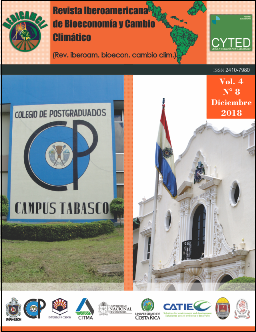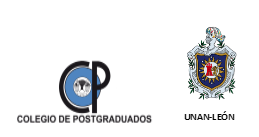Application of robust statistics in the identification of values "OUTLIERS" in analysis of residual chlorpyrifos in peanuts. program developed in Hp-Basic using the HP Prime graphic calculator
DOI:
https://doi.org/10.5377/ribcc.v4i8.6466Keywords:
Outliers values, Robust statistics, Algortimo de Huber, Dixon test, Grubbs test, HP Basic Language, Recovered factor, Chlorpyrifos analysis in peanutsAbstract
In the present work, robust statistics have been applied for the identification of "outliers" values in the determination of the recovered factor in the analysis of chlorpyrifos residues in peanut by gas chromatography with detector ECD. For this, a program was developed in the HP-BASIC language, based on robust statistics and specifically on the Huber algorithm and which was edited in the latest generation HP PRIME Graphing Calculator. The program was executed by entering the data obtained from the results of the evaluation of the recovery factor for the method of analysis of chlorpyrifos in an internal peanut reference sample, obtaining as a result an estimate of the parameters of the population and the identification of 3 "Outliers" This program was validated with a reference made in Excel by the Committee of Analytical Methods of the Royal Society of Chemistry, observing that the deviation of the parameters of the population (m,s) were lower than the iterative precision, which indicates that there were no significant differences between the two programs. On the other hand, these results were compared with those obtained by the classic tests of Dixon and Grubbs, concluding that the Huber method is the most sensitive. The least sensitive is the Dixon test, given that its application did not detect any outlier, whereas the Grubbs test identified the two smallest values.
Downloads
949
HTML (Español (España)) 0
Published
How to Cite
License
Copyright (c) 2018 Rev. iberoam. bioecon. cambio clim.

This work is licensed under a Creative Commons Attribution-NonCommercial-ShareAlike 4.0 International License.
Copyright © Rev. iberoam. bioecon. climate change (Graduate School and UNAN-León, School of Agricultural and Veterinary Sciences / Department of Agroecology / Center for Research in Bioeconomy and Climate Cahnge (CRByCC).







